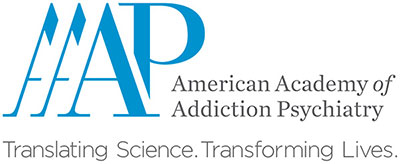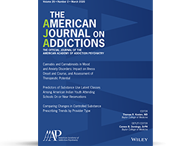Contingency management (CM) is a proven healthcare intervention with demonstrated effectiveness in treating a variety of substance use disorders (SUDs) among diverse populations. To advance the provision of evidence-based CM services that promote abstinence from a specific substance, or encourage treatment attendance or medication adherence, the Substance Abuse and Mental Health Services Administration (SAMHSA) now allows those recipients of a SAMHSA grant that authorizes SAMHSA-approved CM activities in treating SUDs, to provide a motivational incentive value of up to $750 per patient, per year, subject to the requirements and safeguards set forth in this document. Previously, the limit was $75 per patient.
To promote program integrity and effectiveness, CM incentives should take the form of items, or vouchers or gift cards for items and services, that support patient well-being and recovery – cash payments are not permitted. SAMHSA grant programs that authorize a CM intervention support the implementation of either escalating voucher CM or prize-based CM in an evidence-based manner.
While there is no set limit on the value of each motivational incentive to reinforce a specific behavior, SAMHSA encourages those grantees eligible to implement CM services under the terms of their grant to appropriately budget for the proposed duration of the CM services. It is essential that grantees adhere to evidence-based CM principles and models, and ensure that all participants in a CM intervention have equal opportunity to receive the same incentive amounts.



